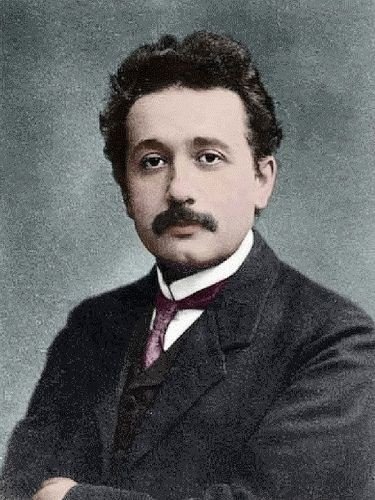What did Einstein think of Hitler?
Albert Einstein’s departure from Germany in 1933, along with his renunciation of citizenship, was a direct response to the rise of the new Nazi government. Though I haven’t specifically perused Einstein’s writings about Hitler, in my collection, I possess some of his correspondences with the Prussian Academy of Sciences. In these writings, Einstein explicitly conveyed the conflict between Nazi ideology and his deeply held values.
In his own words, Einstein articulated his stance: “As long as I have any choice, I will only stay in a country where political liberty, toleration, and equality of all citizens before the law are the rule.” He emphasized that political liberty necessitates the freedom to express one’s political opinions both orally and in writing. However, he lamented that these essential conditions were absent in Germany at that time. He expressed concern over the persecution faced by those advocating for international understanding, including leading artists, under the prevailing circumstances in Germany.
Einstein astutely noted that any societal entity, akin to an individual, could suffer from psychological disorders, especially in times of adversity. He maintained hope that Germany would overcome its tumultuous phase and return to a state of mental and social health. Einstein yearned for a future where the principles advocated by revered figures like Kant and Goethe would not only be remembered but also guide public life and the collective consciousness of the nation.
His unwavering commitment to political liberty, tolerance, and equality, as well as his expressed hope for Germany’s recovery and adherence to principles of enlightenment, stands as a testament to Einstein’s moral compass and steadfast beliefs in the face of a tumultuous political landscape.
